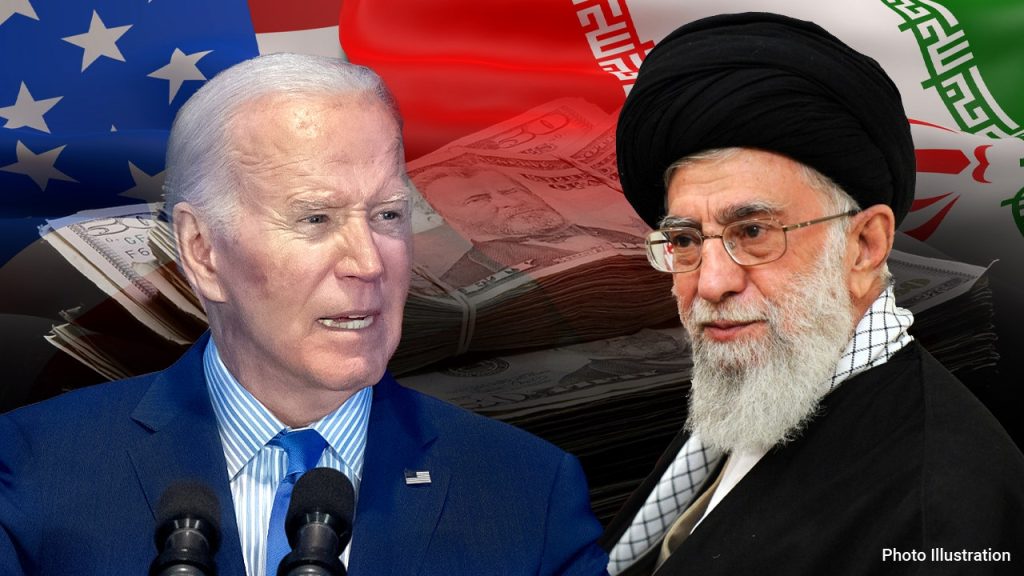The Biden administration has granted billions in sanctions waivers to Iran, allowing the government to continue diverting money to its drone factories and funding proxy groups. The waivers, estimated to be between $16 billion and $20 billion, have allowed Iran to benefit financially despite the U.S.’s efforts to increase pressure through sanctions. State Department spokespersons maintained that no money from the waivers goes directly to Iran, citing ongoing efforts to enforce sanctions on a variety of Iran’s problematic behaviors. However, experts argue that the waivers ultimately benefit the Iranian regime and its malign activities abroad.
Iran has managed to sell oil worth billions of dollars under the sanctions, exploiting a significant gap in U.S. oversight to ferry oil on shipping vessels owned by shell companies using spoofing methods to hide their location. While the Biden administration claims to be increasing pressure on Iran, the surge in oil sales suggests a lack of a total crackdown on Iran’s activities. The administration has been criticized for renewing a sanctions waiver allowing Iraq to import electricity from Iran, with critics seeing it as an easement on sanctions against Iran. However, the administration argues that the waivers help provide humanitarian assistance to the Iranian and Iraqi people.
Experts believe that Iran’s growing cooperation with China plays a significant role in its ability to dodge sanctions. A 25-year economic cooperation agreement between Iran and China, as well as Iran’s decision to join the Beijing-led BRICS economic bloc, give Iran access to other currencies and trading options. Russia and China are working to provide assistance to Iran through trade, arms purchases, and oil transactions, enabling Iran to bypass U.S. sanctions and continue its activities. The lack of a total crackdown on Iran’s oil shipments has raised concerns that the Biden administration may be turning a blind eye to Iran’s activities.
Despite the Biden administration’s claims that sanctions relief does not benefit the Iranian regime, experts argue that any money that enters Iran’s system is likely to be diverted or used in a cynical way, including reselling humanitarian aid to the civilian population. The administration’s decisions regarding sanctions waivers have been met with skepticism from critics, who see them as ultimately benefiting the Iranian government and its malign activities abroad. The lack of a total crackdown on Iran’s oil shipments and growing cooperation with China and other countries suggest that Iran continues to evade sanctions and finance its activities through various means.
Critics have expressed concerns about the extent of Iran’s activities and have called for a tougher stance on enforcing sanctions to prevent the regime from funding terrorist groups and advancing its malign agenda. The Biden administration’s approach to Iran has faced scrutiny, with experts questioning whether the administration is effectively increasing pressure on the Iranian regime. As Iran continues to benefit from sanctions waivers and oil sales, experts warn that the regime’s activities could pose a threat to regional stability and U.S. national security interests. The ongoing challenges posed by Iran’s evasion of sanctions highlight the complexity of addressing Iran’s behavior and ensuring that the regime is held accountable for its actions.













